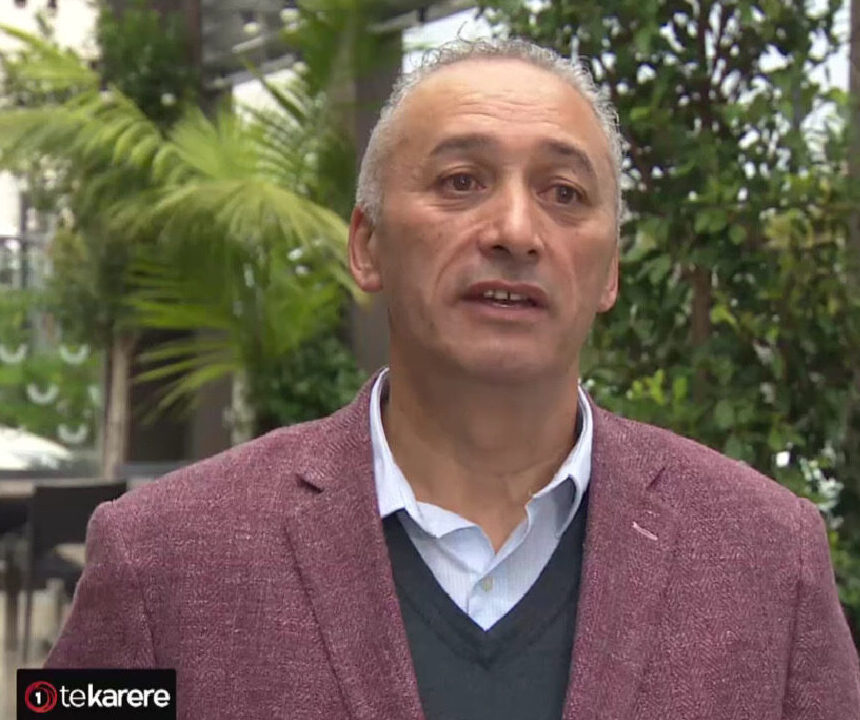Iwi Māori partnership boards unite to oppose changes to health legislation
The stance of Te Tiratū as part of a national alliance of 15 IMPBs united in opposition to proposed amendments to the Pae Ora (Healthy Futures) Act has been covered by Te Karere, highlighting the national conversation around Māori leadership in health.
The national collective warns that the changes would weaken Te Tiriti-based partnerships and threaten Māori health equity. The National IMPB Hui in New Plymouth attracted representatives from 82 iwi, representing the interests of over 900,000 Māori. Rangatahi attendees highlighted the links between hauora, whakapapa, and whenua, reinforcing the need for health solutions that integrate ancestral knowledge with modern systems.
A Te Tiratū spokesperson emphasised that IMPBs must remain active partners in shaping local and regional health strategies, including targeted Māori equity actions, and that any amendments undermining Te Tiriti principles must be opposed.
It’s a confronting wake-up call
Photo: Te Tiratū Iwi Māori Partnership Board Co-chair Hagen Tautari
TVNZ’s Te Karere has aired a powerful segment on a new report from the Te Tiratū Iwi Māori Partnership Board, describing it as a “confronting wake-up call” for Aotearoa’s health system. The Board’s first-ever health system monitoring report reveals that Māori are still dying seven years earlier than non-Māori, with many of those deaths preventable.
The story highlights long waits, high costs, unsafe care, and poor screening rates as signs of a system that continues to fail Māori. “All of us, in particular with government, they need to ensure that the funding is adequate to protect our people,” said a Board representative. “We (Iwi Māori Partnership Boards) are not an add-on—we’re there to ensure our people are represented,” co-chair Hagen Tautari said.
The Board’s message is clear: honour Te Tiriti o Waitangi, or more Māori lives will be lost. The report calls on the government to trust whānau voices, back kaupapa Māori solutions, and meet their legal obligations under the Pae Ora Act.



